The deal everyone's been talking about is finally taking shape. What does it mean for TikTok users, creators, and the broader tech landscape? After months of uncertainty and political maneuvering, the US and China have reached what appears to be a breakthrough agreement on TikTok's future in America. White House Press Secretary Karoline Leavitt confirmed that Americans will hold six of seven board seats overseeing TikTok's U.S. operations, while Oracle will control the app's algorithm under the new arrangement. The deal could be finalized by the end of the week, which could finally close years of regulatory battles.
What's actually in this deal?
Let’s get into the bones of it. The details matter more than the headlines. This is not just another corporate acquisition. It is a hybrid structure built to satisfy American security concerns and Chinese regulatory rules.
The US operations will be controlled by a new joint venture with majority American ownership. Here is the plot twist. This is not a traditional sale. Instead, TikTok's new U.S. entity would lease a copy of ByteDance's algorithm, which Oracle would then retrain from the ground up. Think of it as getting the recipe, then learning to cook it in a new kitchen with unfamiliar gear.
The investor roster reads like a tech-and-media roll call. President Trump named Larry Ellison of Oracle, Michael Dell, and Lachlan Murdoch as key players, with Oracle serving as both investor and security provider. Notably, the U.S. government will not take an equity stake, though Trump said the US government expects to receive a fee for facilitating the transaction.
On governance, Americans get six seats, ByteDance gets one. Americans will hold six of the seven board seats overseeing TikTok's U.S. operations, while ByteDance has a single seat. That shift is not symbolic, it is built to meet the legislative trigger that launched this saga.
The algorithm question: what changes for users?
What everyone really wants to know: will your For You Page still feel psychic? Oracle will oversee the re-creation of a new, U.S. only version of TikTok's algorithm. This is rare territory, the first large-scale algorithmic sovereignty experiment in modern tech history. We are talking about rebuilding from scratch what users feel knows them better than they know themselves.
The encouraging part: TikTok users from around the world will still be able to see US videos, and vice versa, so the cross-border feed should remain lively. The catch is technical. The proposed app's U.S.-only user population will alter the makeup of the underlying dataset, which shapes what the algorithm learns and recommends.
Separation is the headline here. The new venture will get a copy of TikTok's most valuable asset, its content recommendation algorithm, which will then be re-trained on U.S. data. And here is the kicker: ByteDance would not have access to this data or to the newly retrained US-based algorithm. It is algorithmic sovereignty in action, a complete computational divorce between the US and Chinese versions.
PRO TIP: The algorithm retraining process could take months to reach optimal performance. Early users might notice their feeds feeling less personalized at first as the system learns American user preferences from scratch.
The broader implications: what this means for tech and geopolitics
This is not just about TikTok surviving. It is a template, a way to manage global platforms in an era of digital nationalism and great power competition.
Diplomatically, it shows some flexibility. The deal creates a compromise that meets both U.S. and Chinese law, no small feat given China updated its export control rules to cover technologies such as recommendation algorithms.
The approval choreography matters too. Chinese President Xi Jinping discussed the deal with President Trump on 2025-09-19, and ByteDance issued a public statement thanking both leaders for efforts to preserve TikTok in the U.S.. The Chinese government said it respects the wishes of TikTok and supports a solution that fits Chinese law.
The standout idea here is algorithmic licensing, a middle path between outright bans and let-it-rip operations. That framing could set precedents for other Chinese apps in sensitive markets, and for American platforms navigating tough regulatory terrain abroad.
Watch the clock. The executive order provides a 120-day window from signing to finalize the transaction. That window will show whether this hybrid model actually works in practice.
Where do we go from here?
The TikTok saga is not over, but a new playbook for global tech governance is emerging.
For users, the near term should feel familiar. You will still open the app, flick your thumb, and fall into the feed. Longer term, keep an eye on two things. The full composition of the ownership group is expected to be finalized by early 2026. And the performance of the retrained algorithm will test whether algorithmic sovereignty works outside the lab.
The technical questions are meaty. Will a U.S.-focused model keep TikTok's famous engagement humming? Can Oracle steward and improve what many consider the most sophisticated recommendation system ever built? These are engineering puzzles, sure, but also cultural ones about taste, attention, and how people actually watch.
Regulation is shifting too. Instead of choosing between bans and open borders, governments are experimenting with hybrids that balance security with economic and social realities. Trump has gone back and forth on the ban but credits TikTok with helping him win last year’s presidential election, a reminder that politics and product are intertwined.
Most intriguing, this cements algorithmic sovereignty as a real concept. Countries want a say in the recommendation engines that shape what their citizens see. That logic does not stop at social video, it reaches into search, shopping, and streaming.
Bottom line: TikTok appears to have found a path that keeps the platform alive while addressing security concerns with technical and governance changes. Whether this becomes the standard playbook for global platforms in a multipolar world, or stays a one-off tailored to TikTok, depends on how well this experiment runs. The next 120 days will be crucial for TikTok, and for how global tech platforms navigate an increasingly fragmented digital world.




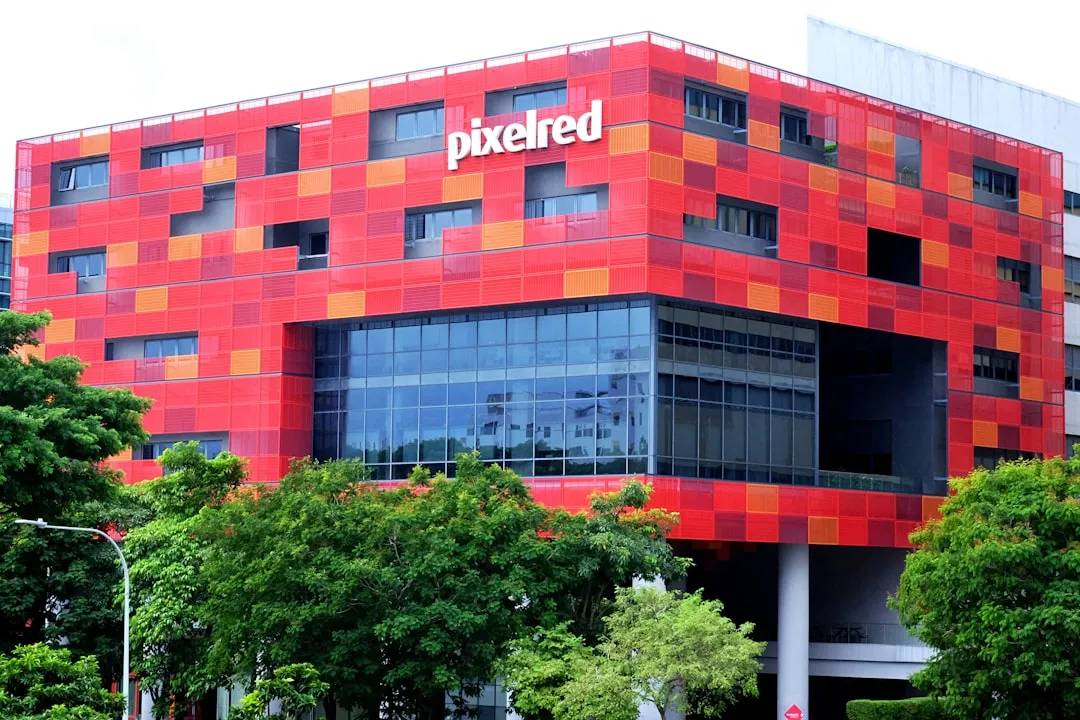
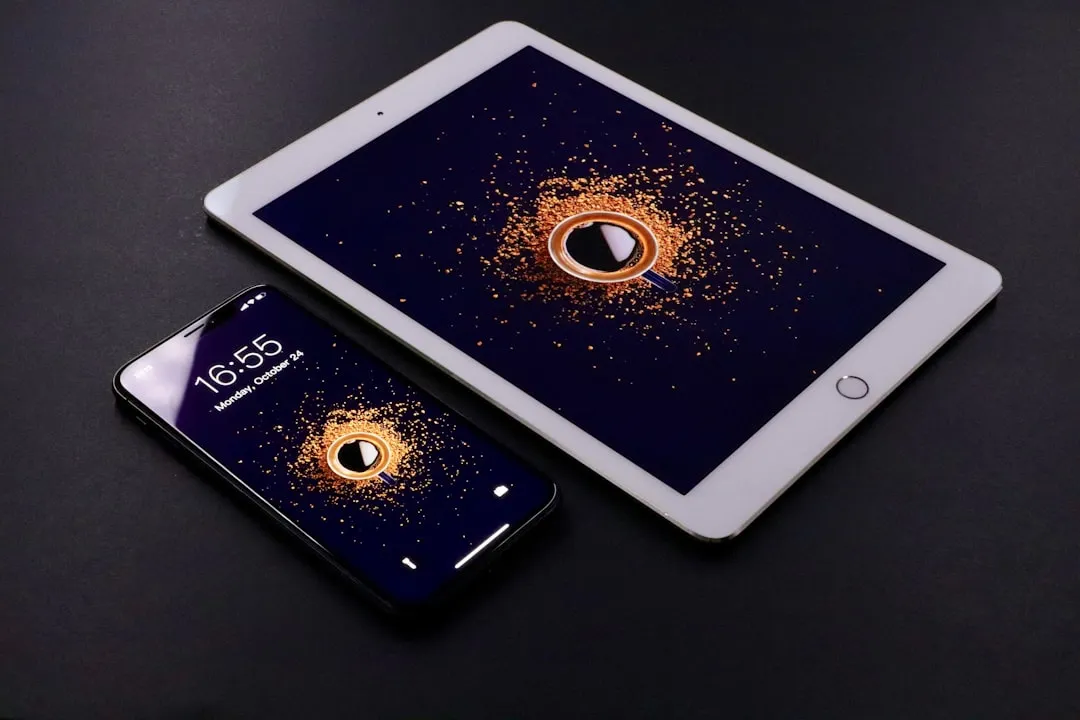
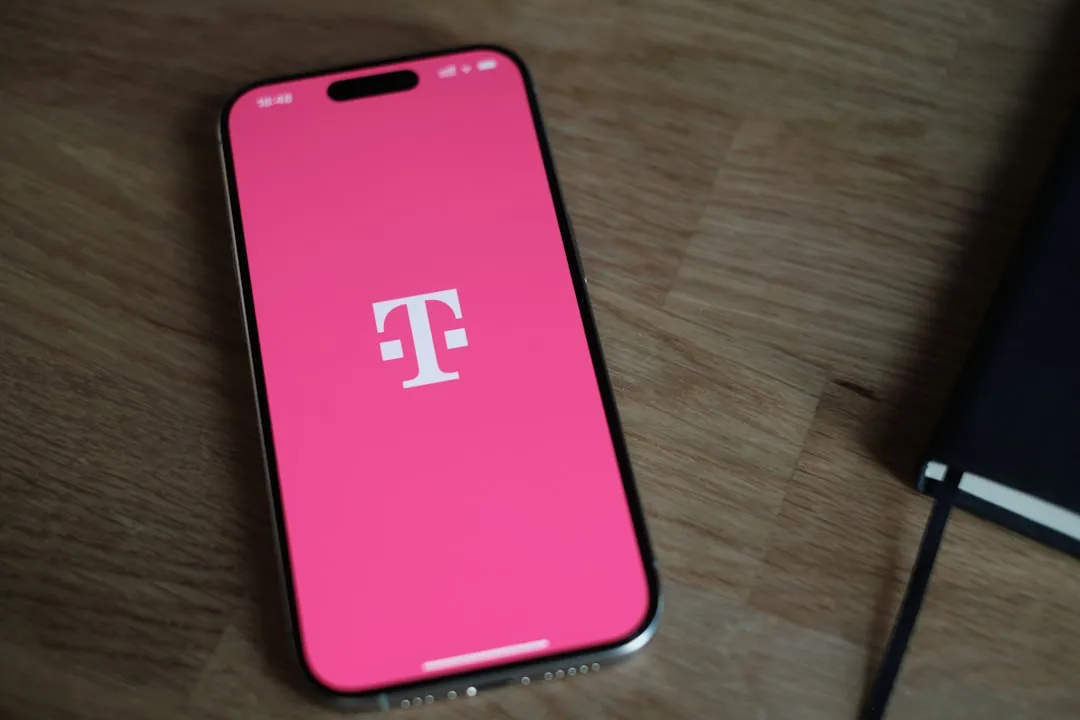

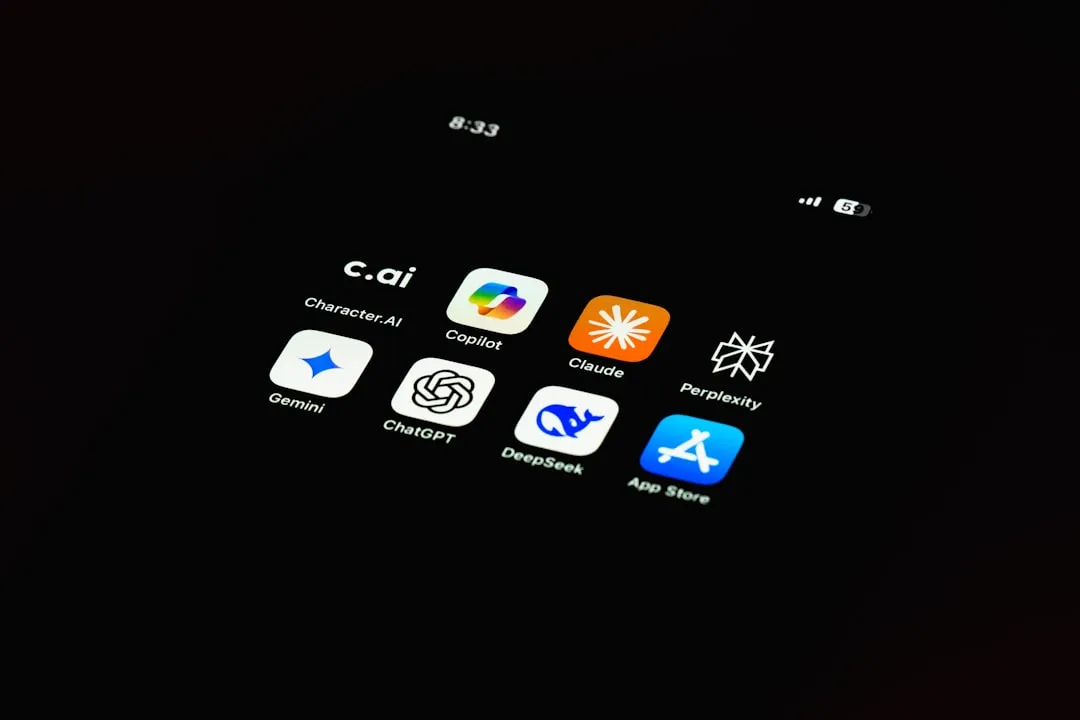


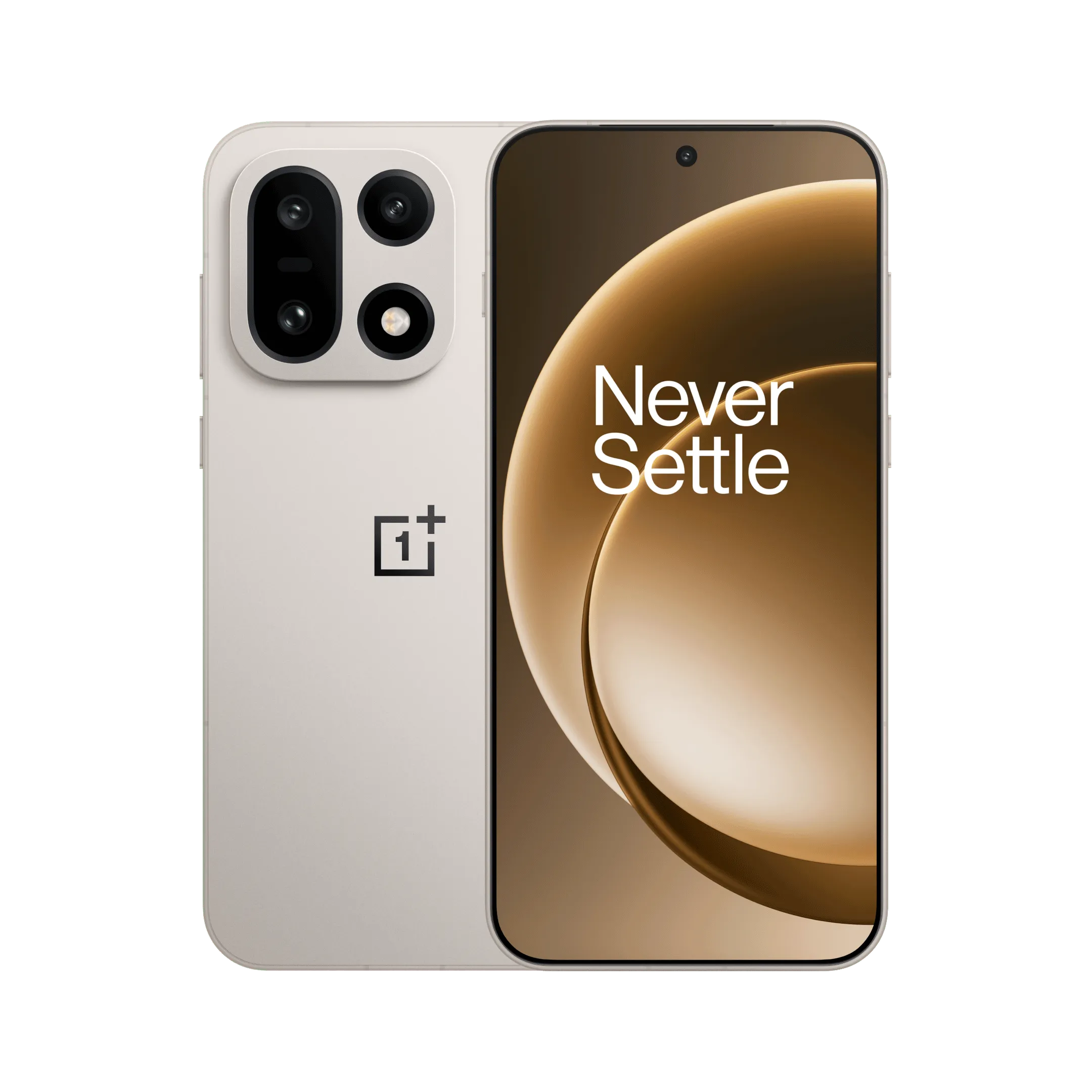












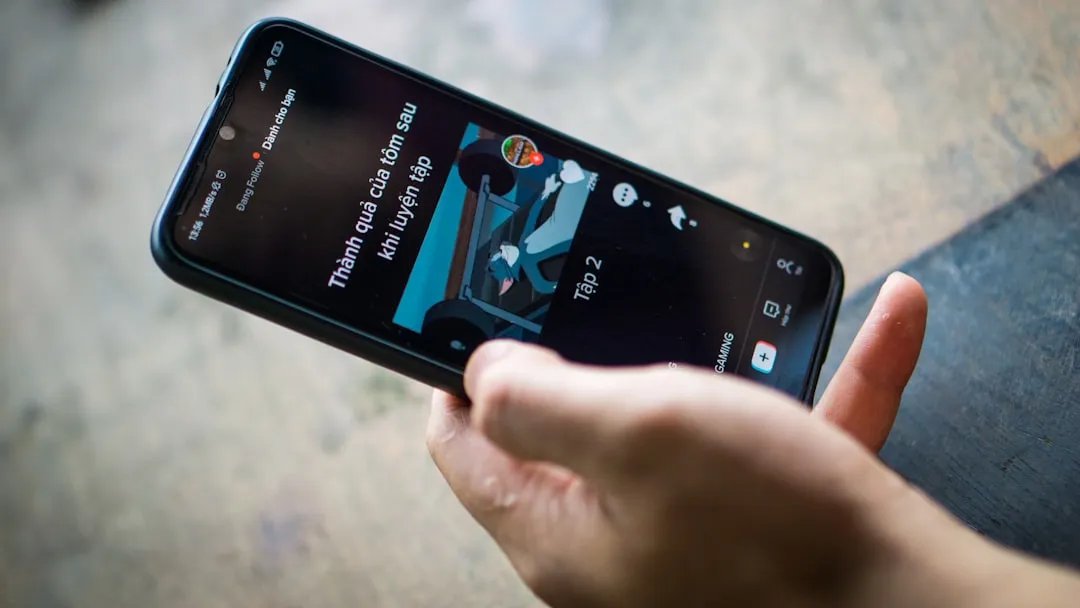
Comments
Be the first, drop a comment!